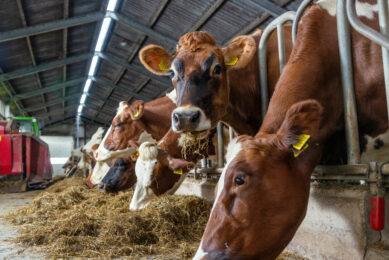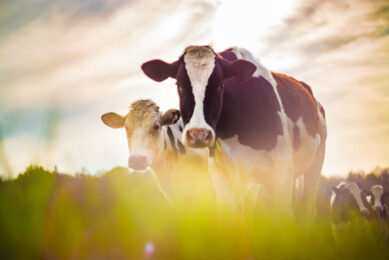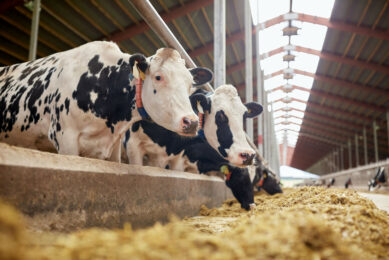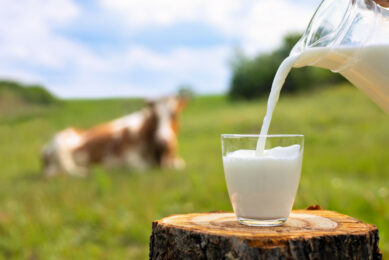Nitrogen protests in the Netherlands: A search for answers
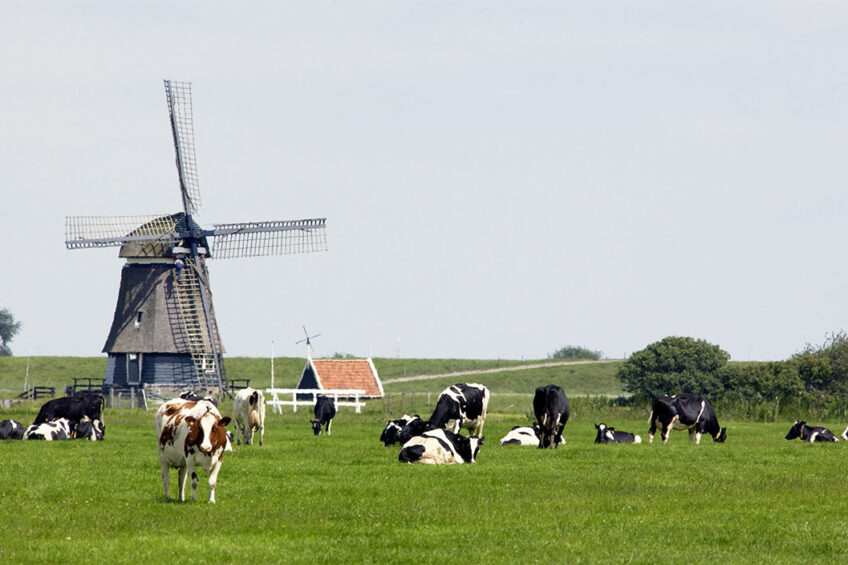
After the 2019 protest that brought Dutch roads to a deadlock, Dutch farmers protested again this month. There is a clear search for answers concerning the nitrogen policy.
This month on Wednesday, 7 July, more than 100 tractors brought the Wageningen University campus to a standstill, in search for answers concerning the nitrogen policy.
“A new law, passed in March this year, stipulates that ‘40% of nitrogen affected nature should be clean by 2025 and 74% by 2035′. The Dutch government advisory agency said the government must take regional circumstances into account rather than only look at tightening the rules surrounding nitrogen pollution. It should concentrate on the areas which are suffering nitrogen-related damage most, such as the peat wetlands. It also stated that stricter nitrogen and climate rules will make farming nearly impossible in some places, ” reports the DutchNews.nl. These reports, among others, motivated the protesters to act.

Why farmers targeted Wageningen University
As reported in Wageningen University’s Resource magazine, protesting farmers fear their businesses will not survive the nitrogen measures that are being suggested. Therefore, they came to demand answers from one of the world’s top agricultural universities. Wageningen University (WUR) was represented by directors Bram de Vos and Ernst van den Ende who spoke with the protest leaders of the farmers lobby group ‘Farmers Defence Force (FDF)’ while hundreds of protesters listened.
Farmers are upset that names of some of the university’s researchers appear under reports that suggest all farmers in the Green Heart (the peat meadow areas) and the Gelderse Vallei region should be bought out to reduce nitrogen emissions. Their quest was to know what nitrogen measures the university proposes to the Ministry of Agriculture – calling for transparency. However, the WUR directors highlighted that they only provide research data, models, and analyses that can be decided upon by policymakers. The directors proposed a later date to meet the FDF lobby group again for an elaborate debate.
University efforts to reduce nitrogen emissions
According to WUR scientists, technology can make a major contribution to reducing nitrogen emissions in Dutch agriculture. Peter Geerdink, who was project leader on behalf of Wageningen Food & Biobased Research, said, in addition to cutting back on livestock, import reduction on feedstuffs such as soybeans can be achieved by replacing important resources with residual streams from locally grown crops. “Refining and processing into the right specifications can convert the residuals into healthy, nutritious and tasty animal feed,” he said. “We have to work towards closed systems for manure storage to avoid the ammonia disappearing into the air. Research is currently being performed into electrochemical processes to make artificial fertiliser from captured ammonia at the farm itself, removing the need to transport manure,” he added. He also said to efficiently capture nitrogen from liquid manure and fermented biomass and separate ammonia and potassium, specialised affordable technology is required, technology such as membrane filtration.
Farmers lobby groups are fighting to protect farmers
The farmers lobby organisations Agractie and FDF spearheaded these protests that targeted several places in the country, reports the DutchNews.nl and the NLTimes. The groups oppose the plans to concentrate on buying out farmers whose farms border vulnerable natural areas. The FDF and Argactie are protesting forced buyout of farms, as well as housing construction and solar panels on farmland. “Precisely because our future will be determined in the coalition agreement now and in the coming weeks, we must now send a strong signal to The Hague that we can no longer tolerate this!” Argactie said, according to NOS. Sjaak van der Tak, chairman of farming lobby group LTO said farmers in the target provinces want to be involved in the solution to the problem but, he told broadcaster NOS, “it must leave them with some perspective.”
According DutchNews.nl, taking pigs as an example, only half of pig farmers who had initially opted for the buyout scheme had left the industry while poor control of widespread manure fraud also skewed nitrogen production figures, agriculture ministry figures show. The ministry hopes to use finances of unused subsidies to come up with new nitrogen reducing measures, since most pig farmers would not take the buyout scheme considering that now pig prices have normalised and the threat from ASF is low.



